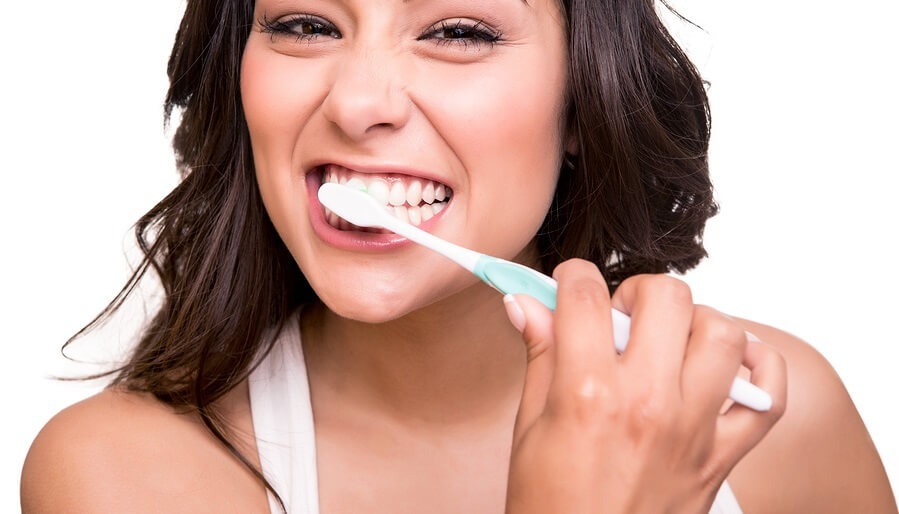Receding gums are a common problem that tends to sneak up on people because it can happen gradually over a long period of time. In fact, many people don’t even know they suffer from receding gums until they begin to feel some tooth sensitivity or they happen to notice that one tooth looks a bit longer than the one next to it. Read on to learn what causes receding gums and how you can help prevent it.
For more on consulting with a periodontist in Los Angeles, learn how Dr. Kao’s meticulous practice helps patients receive the oral care they need and oral care that lasts.
What Is It?
Receding gums occur when the gum tissue that surrounds your teeth begins to wear away or pulls back and exposes more of the tooth or the tooth’s root. This causes pockets or gaps to form between the teeth and the gum line, which then leads to a build-up of bacteria.
Receding gums can become a serious issue if left untreated. It can lead to damage to the supporting tissue and bone structures of the teeth which can ultimately lead to tooth loss. However, there are treatment options that can help you repair the damage and prevent future damage.
What Causes Receding Gums?
There are several potential causes of receding gums. See how many of these causes apply to you:
• Periodontal disease happens with bacterial gum infections destroy the tissue and supporting bone that are actually holding your teeth in place.
• It could just be hereditary. Experts estimate that up to 30% of people might be predisposed to gum disease, regardless of how well they take care of their teeth.
• Do you brush your teeth too aggressively? Brushing your teeth too hard or the wrong way can cause the enamel on your teeth to wear and your gums to recede.
• Are you afraid to go to the dentist? If you don’t go in for regular cleanings and checkups, you don’t brush, floss and rinse with antibacterial mouthwash regularly, you are providing a breeding ground for plaque to turn into tartar and cause your gums to recede.
• Changes in hormones can cause gums to be more sensitive. Women need to be more aware of this, as their hormones can fluctuate during puberty, pregnancy and menopause.
• Smoking or using other tobacco products can also leave a sticky plaque on your teeth that is difficult to remove and can contribute to receding gums.
• If you grind or clench your teeth, you can put too much force on the teeth which can cause gums to recede.
• If you suffer from crooked teeth or a misaligned bite, too much force can be put on the gums and gone which can cause receding gums.
• Piercing of the lip or tongue can also contribute to receding gums as the jewelry can irritate the gum tissue.
Treatment Options
If you suffer from only a mild case of receding gums, your dentist can probably treat it with a deep cleaning of the affected area. This deep cleaning is also referred to as a tooth scaling or root planning. In this procedure, plaque and tartar that have built up on the teeth as well as the root surfaces below the gum line are carefully removed and the exposed root is smoothed to make it more difficult for the bacteria to grow there. You may also need a course of antibiotics to get rid of any remaining bacteria or infection that has developed.
If your receding gums are more severe and there is bone loss or extremely deep pockets, deep cleaning won’t do the job and you might have to see a qualified periodontist to repair the damage.
Periodontist in Los Angeles
If you are suffering from tooth sensitivity or pain, don’t ignore it! Brush and floss at least twice a day and experts recommend seeing a dentist twice a year for a checkup and cleaning.
Don’t ignore these symptoms and cause permanent damage to your teeth. Schedule your appointment with Dr. David S. Kao, DDS, the premier periodontist in Los Angeles, today.



